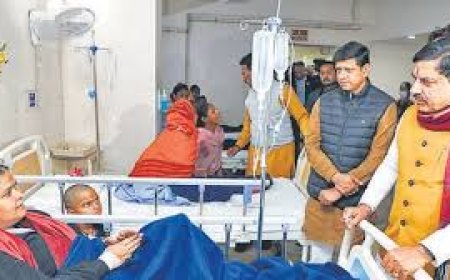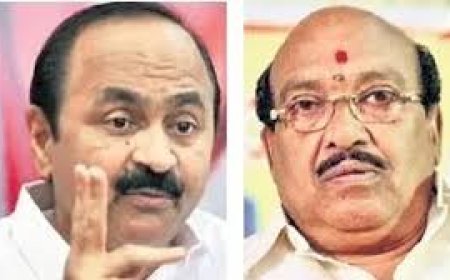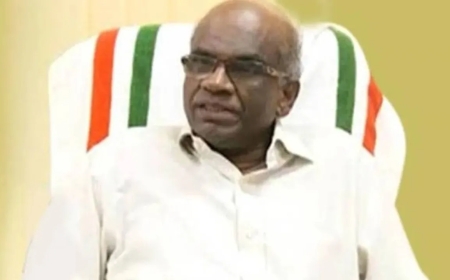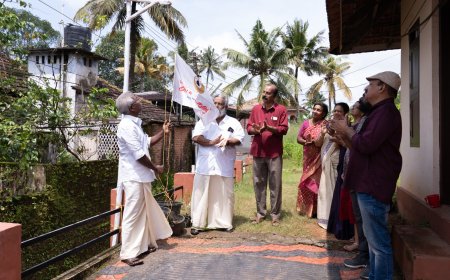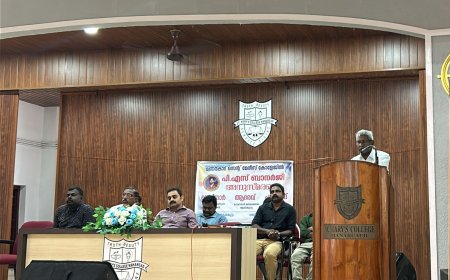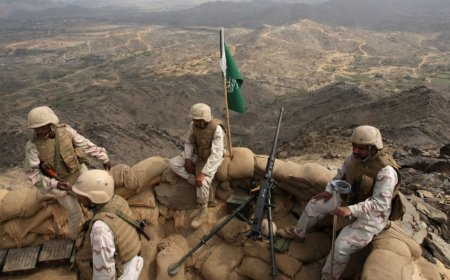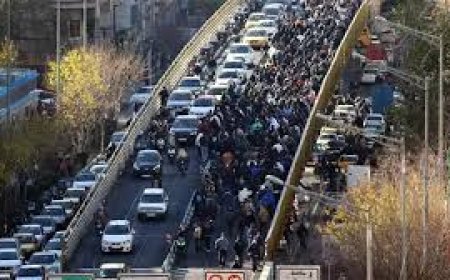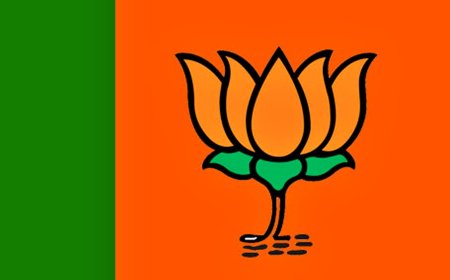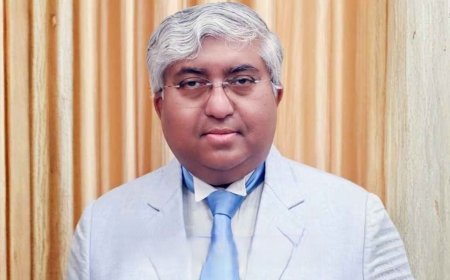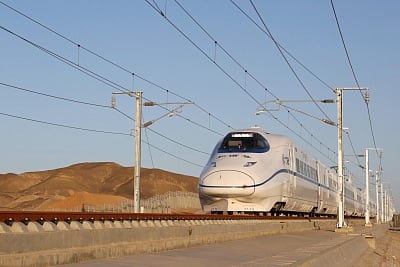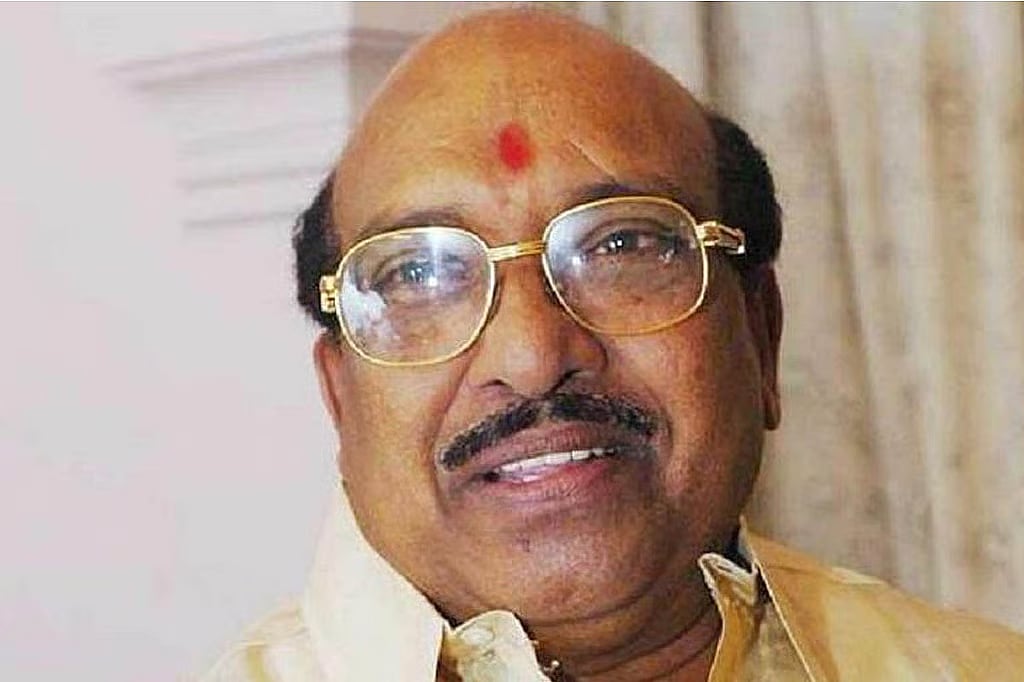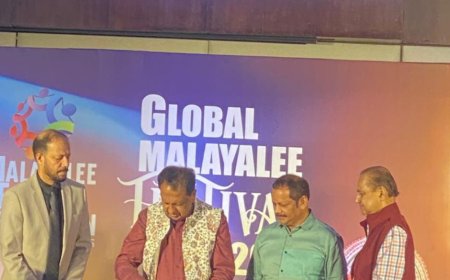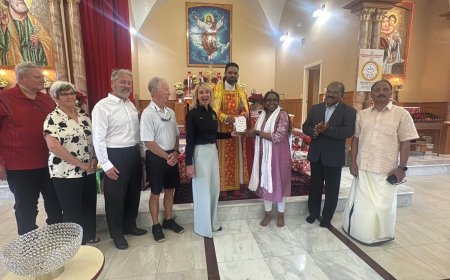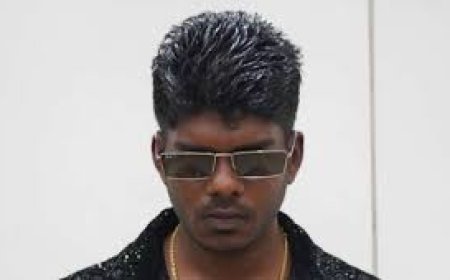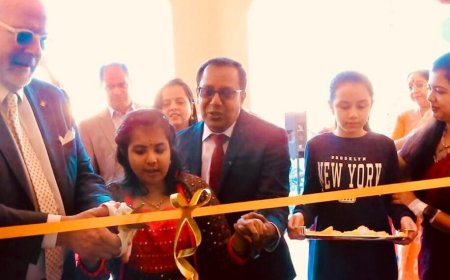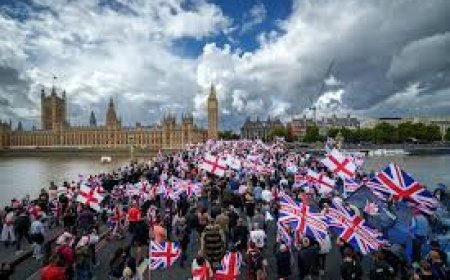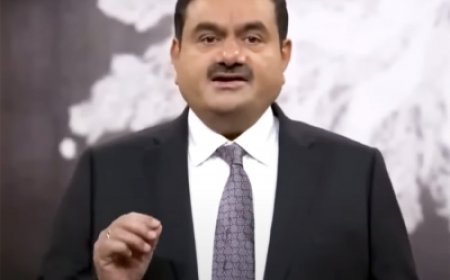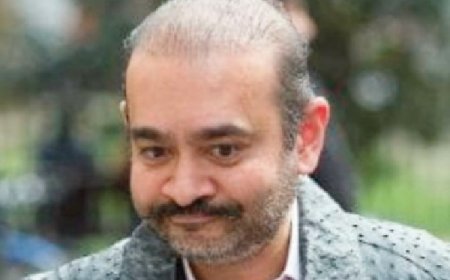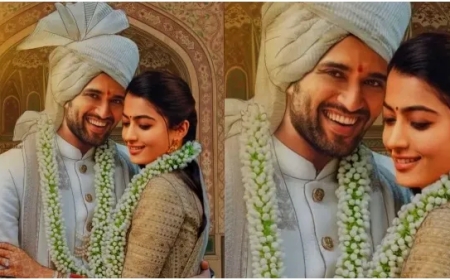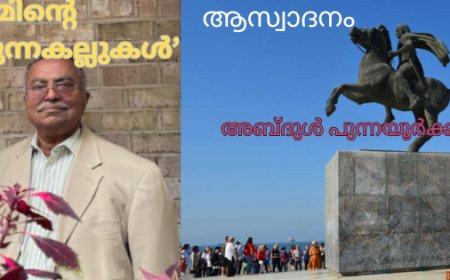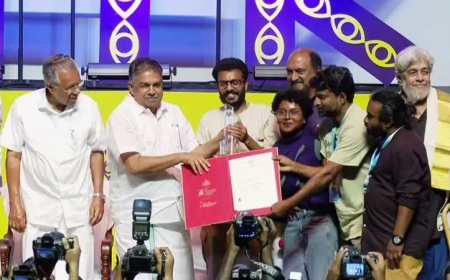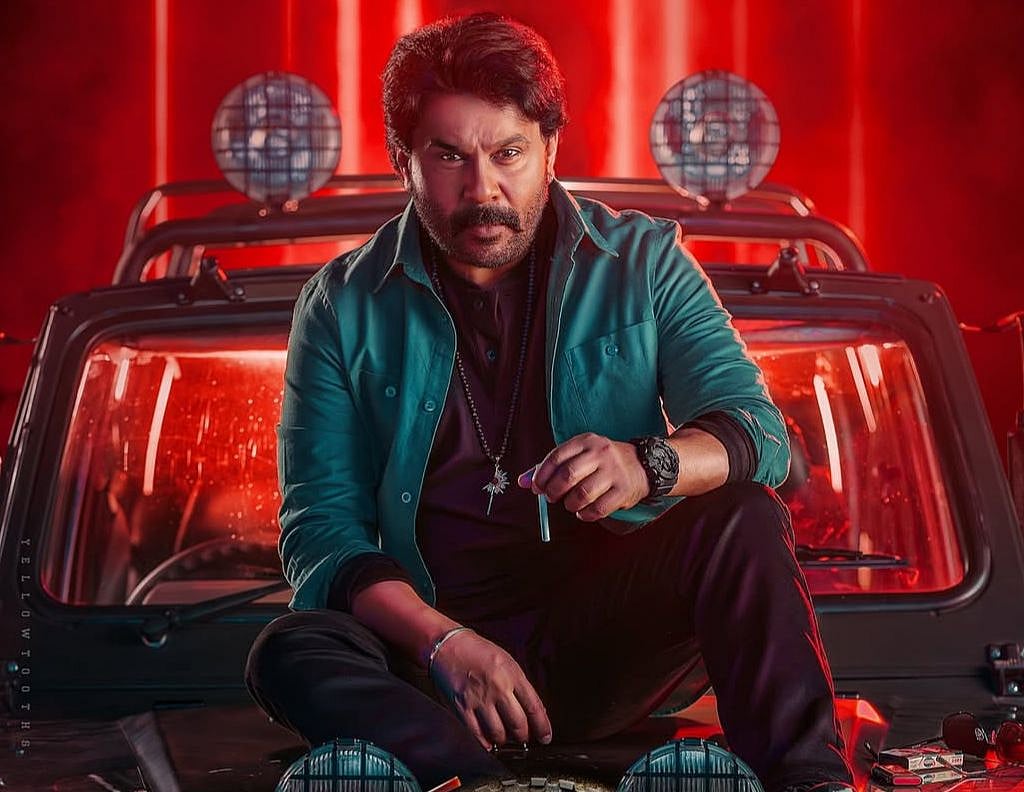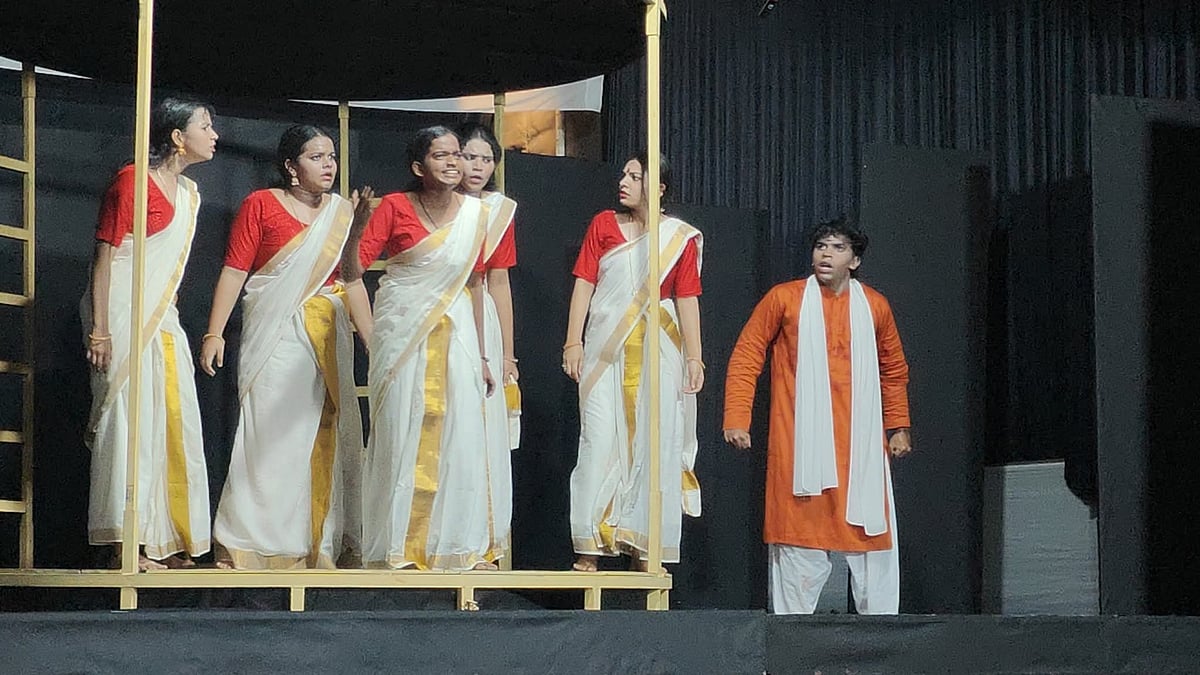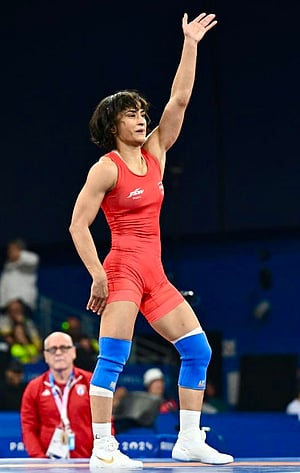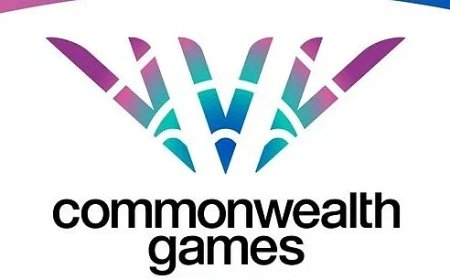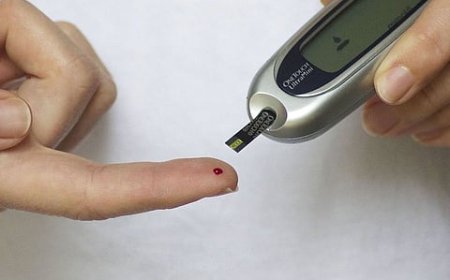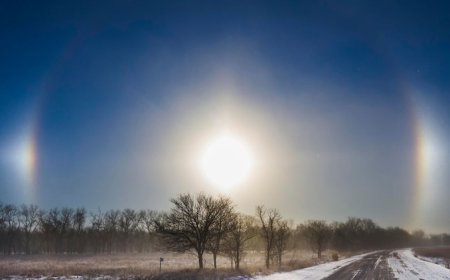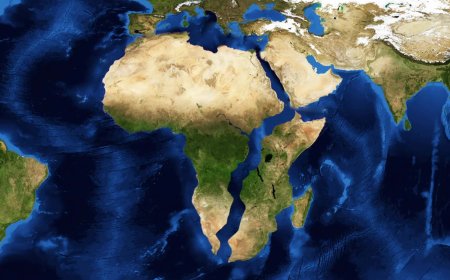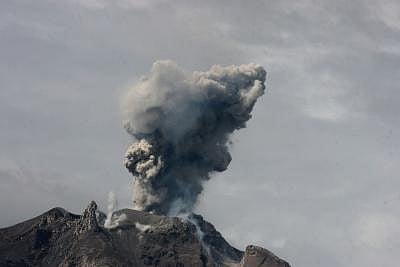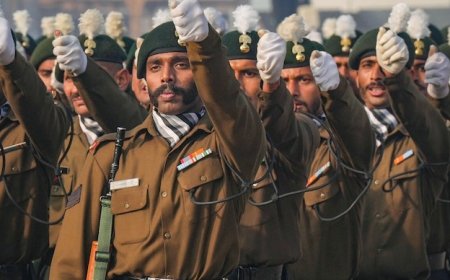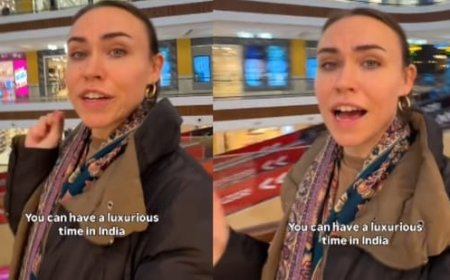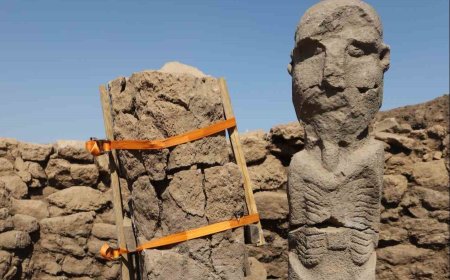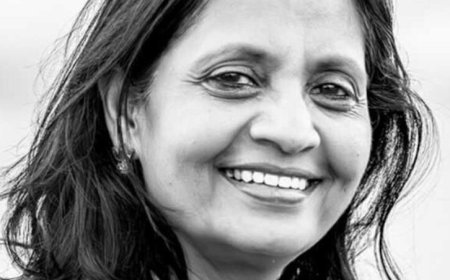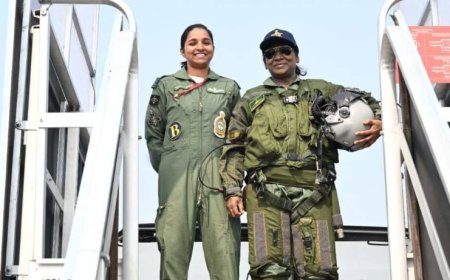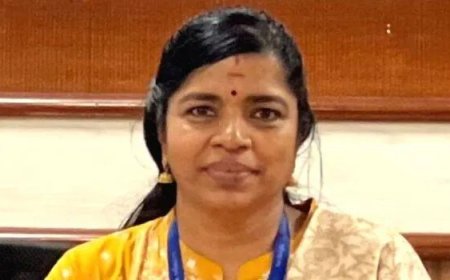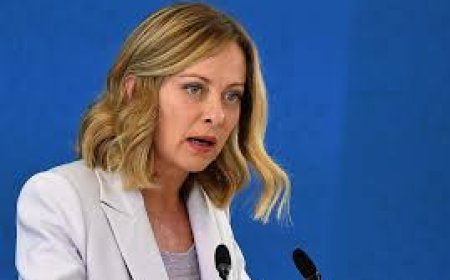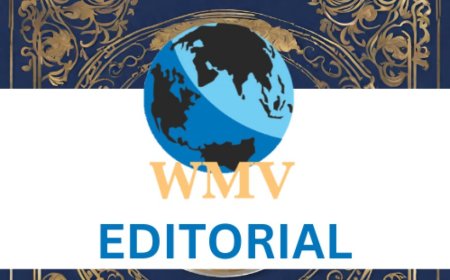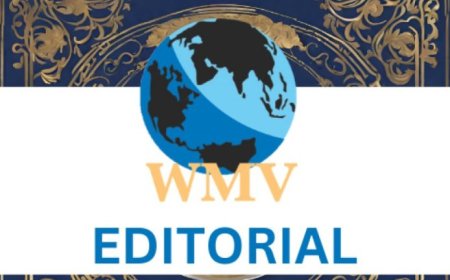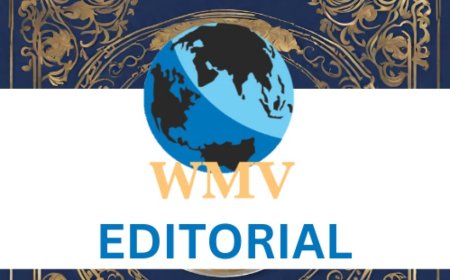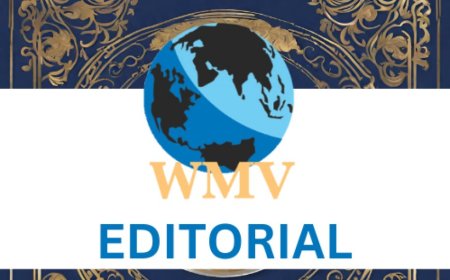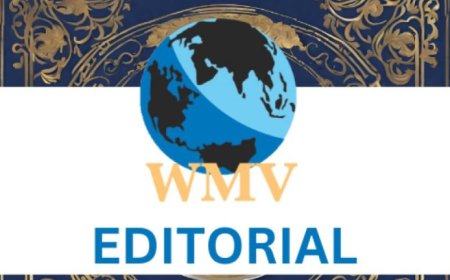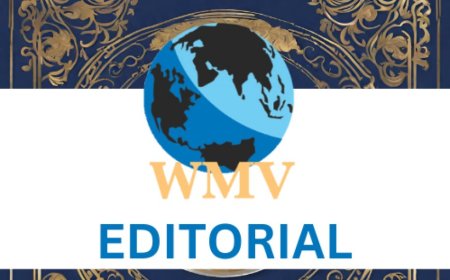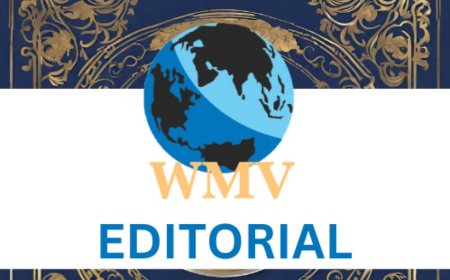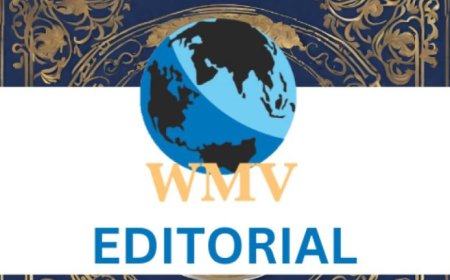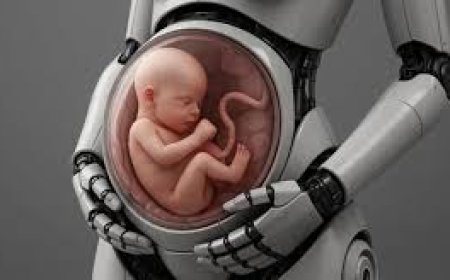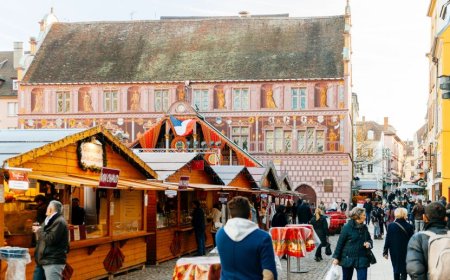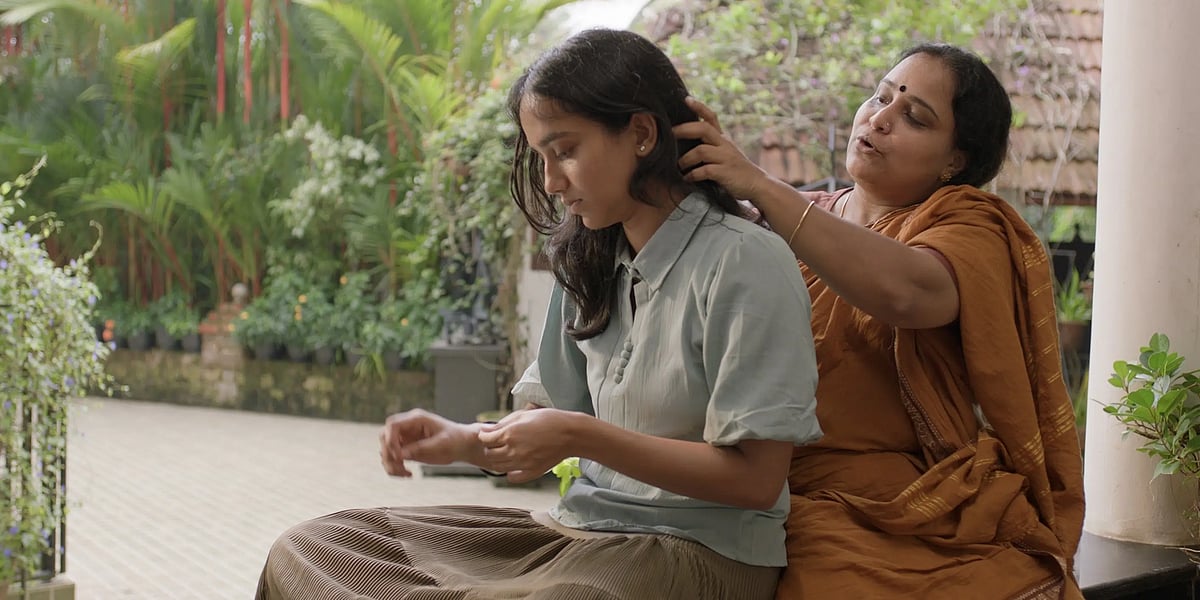G20 Johannesburg summit: South Africa pushes through G20 declaration despite strong US objections
South Africa issued the G20 Leaders’ Declaration despite strong US opposition and Trump’s boycott, sparking a diplomatic spat that intensified when Pretoria rejected a “junior” US official for the customary G20 presidency handover.

SOUTH African President Cyril Ramaphosa declared the Leaders’ Declaration adopted at the Johannesburg G20 summit as proof of a “renewed commitment to multilateral cooperation,” even as the United States boycotted the two-day meeting and objected to several of its priorities.
Below is a structured news report with clear side headers and key quotes, keeping the peg “declaration announced despite US opposition.”
South Africa pushed through the summit’s Leaders’ Declaration on Saturday despite open US opposition and the absence of President Donald Trump, who boycotted the meeting over claims that South Africa’s Black-led government persecutes white minorities.
The US objected strongly to South Africa’s agenda, which foregrounded climate action, debt relief and global inequality.
Trump had dismissed these priorities before the summit, rejecting efforts to help developing nations adapt to worsening weather disasters, transition to clean energy or lower their debt burdens.
Despite this, Ramaphosa secured broad support for a language traditionally opposed by Washington.
The declaration underscored:
-the seriousness of climate change
-the need for ambitious renewable energy targets
-the punishing debt service burdens faced by poorer nations
Ramaphosa said the declaration proved that the world’s major economies could still rally around shared priorities.
“This declaration shows that our shared goals outweigh our differences,” he said at Sunday’s closing ceremony.
“It reflects a renewed commitment to multilateral cooperation.”
Argentina also opposed the declaration after its President, Javier Milei — an ally of Trump — skipped the meeting.
Global divisions loom over Ukraine, climate
The summit took place amid heightened geopolitical tensions and deadlocked climate talks ahead of COP30 in Brazil.
The 122-point document included only a single, broad reference to global conflicts, disappointing countries seeking stronger language on Russia’s war in Ukraine.
French President Emmanuel Macron acknowledged the historical significance of the African-hosted summit but noted continuing rifts:
“Meeting for the first time on the African continent marks an important milestone,” Macron said.
“But the bloc is struggling to have a common standard on geopolitical crises.”
US–South Africa rift widens over G20 handover
The diplomatic standoff deepened when South Africa refused to hand over the rotating G20 presidency to what it called a “junior” US official. Washington is set to lead the group in 2026 and plans to host its summit at Trump’s golf club in Doral, Florida.
Pretoria insisted that the US send representation at the correct level.
Foreign Minister Ronald Lamola said: “It is the leaders’ summit. The right level is the head of state, a special envoy, or a minister.”
Washington accused Ramaphosa of obstructing the process.
White House Press Secretary Karoline Leavitt said the South African leader was: “Running his mouth a little bit against the United States and the president of the United States.”
Despite the diplomatic turbulence, activists praised the summit for elevating issues critical to poorer countries.
Max Lawson of Oxfam said: “This is the first-ever meeting of world leaders where the inequality emergency was put at the centre of the agenda.”
Namibian President Netumbo Nandi-Ndaitwah added: “The importance of addressing development priorities from the African perspective cannot be overemphasized.”

